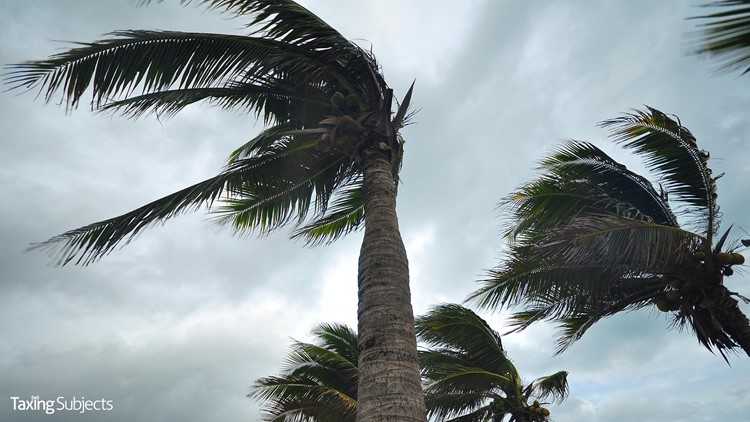IRS Announces Relief for Hurricane Irma Victims

The Internal Revenue Service has extended relief measures to victims of Hurricane Irma, similar to the relief offered for Hurricane Harvey.
This includes an additional filing extension for taxpayers with valid extensions that run out on Oct. 16, and businesses with extensions that run out on Sept. 15.
"This has been a devastating storm for the Southeastern part of the country, and the IRS will move quickly to provide tax relief for victims, just as we did following Hurricane Harvey," said IRS Commissioner John Koskinen. "The IRS will continue to closely monitor the storm's aftermath, and we anticipate providing additional relief for other affected areas in the near future."
The tax filing relief is available to any area designated by the Federal Emergency Management Agency (FEMA) as qualifying for individual assistance. Currently, parts of Florida, Puerto Rico, and the Virgin Islands are eligible, but if other locations are added later to the disaster area, those taxpayers will automatically get the same filing and payment relief. In Florida, the disaster area includes the counties of Broward, Charlotte, Clay, Collier, Duval, Flagler, Hillsborough, Lee, Manatee, Miami-Dade, Monroe, Palm Beach, Pinellas, Putnam, Sarasota, and St. Johns Counties.
For the latest full list of cities and counties eligible for IRS relief, go to the IRS.gov disaster relief page.
Taxpayers living in one of the locations specified in the disaster declaration do not need to contact the IRS in order to claim their relief – it is automatic for taxpayers with an IRS address of record in the disaster area.
However, if an affected taxpayer receives a late-filing or late-payment penalty notice from the IRS that has an original or extended filing, payment or deposit due date falling within the postponement period, the taxpayer should call the number on the notice to have the penalty abated.
Taxpayers who may qualify for relief, but do not live inside the disaster area should call the IRS at 866-562-5227.
Diesel Penalty Waived
Another measure aiding Hurricane Irma victims is the waiving of a penalty for selling or using dyed diesel fuel for highway use.
Normally, dyed diesel fuel is not taxed, because it is sold for uses exempt from excise tax, such as for farming purposes, for home heating use, and to local governments for buses.
This penalty relief is available to any person that sells or uses dyed fuel for highway use. In the case of the operator of the vehicle in which the dyed fuel is used, the relief is available only if the operator or the person selling the fuel pays the tax of 24.4 cents per gallon that is normally applied to diesel fuel for highway use.
The IRS will not impose penalties for failure to make semimonthly deposits of this tax. IRS Publication 510, Excise Taxes, has information on the proper method for reporting and paying the tax.



